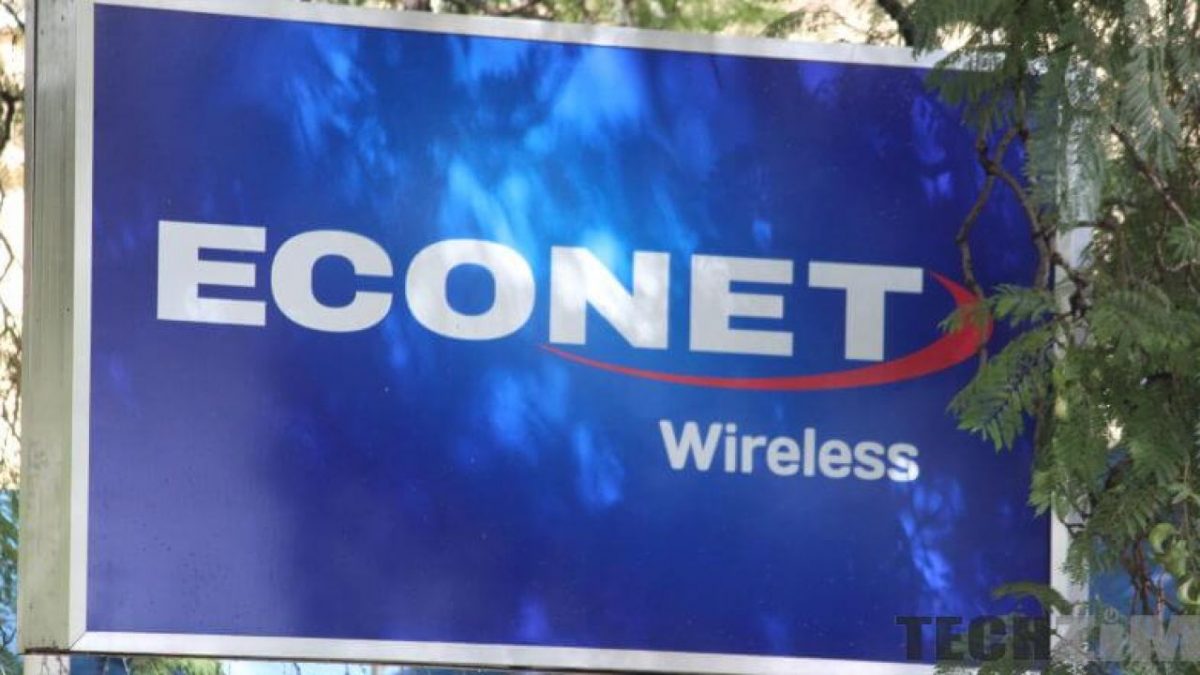ECONET Wireless Zimbabwe (Econet) has reviewed its voice, SMS, and data bundles in line with tariffs approved by the regulator in August last year.
The latest adjustment comes after State-owned mobile network operator NetOne increased its bundle prices last week, with Telecel Zimbabwe expected to follow soon as the telecommunications industry battles viability challenges.
“Please note, we are reviewing our voice, data, and SMS bundle prices, effective 10 March 2021. The out of bundle tariff is still as approved by Potraz on the 25th of August 2020,” Econet said in a notice to its customers.
Bundles are promotional voice, data, and SMS packages with a fixed validity period, offered by mobile network operators at significant discounts to normal, out-of-bundle services. Operators offer bundles in packages valid for a day, a week and a month (daily, weekly and monthly bundles).
Market analysts however believe the new bundle tariffs are not cost-reflective, and would not allow companies to retool and offset the negative effects of hyperinflation.
Prices of goods and services in Zimbabwe have been steadily increasing in the past few months as telecommunication companies, whose tariffs are regulated, face declining revenues in real terms, coupled with growing foreign debt and foreign currency shortages that have resulted in low infrastructure investment.
While several countries across the world are already targeting faster, 5G network rollouts, mobile network operators in Zimbabwe are still battling to upgrade existing 3G and 4G networks, with the costs of 5G implementation thought to be too high for them to consider at this time.
Potraz Director-General, Dr. Gift Machengete last month stressed the need to balance affordability to consumers and ensuring that mobile network operators remain viable.
“Potraz would like to assure the nation of its commitment to continue enhancing data affordability for all citizens whilst at the same time ensuring operator viability. This is a delicate balance that requires concerted effort, including fiscal intervention to address declining disposable incomes,” he said.






